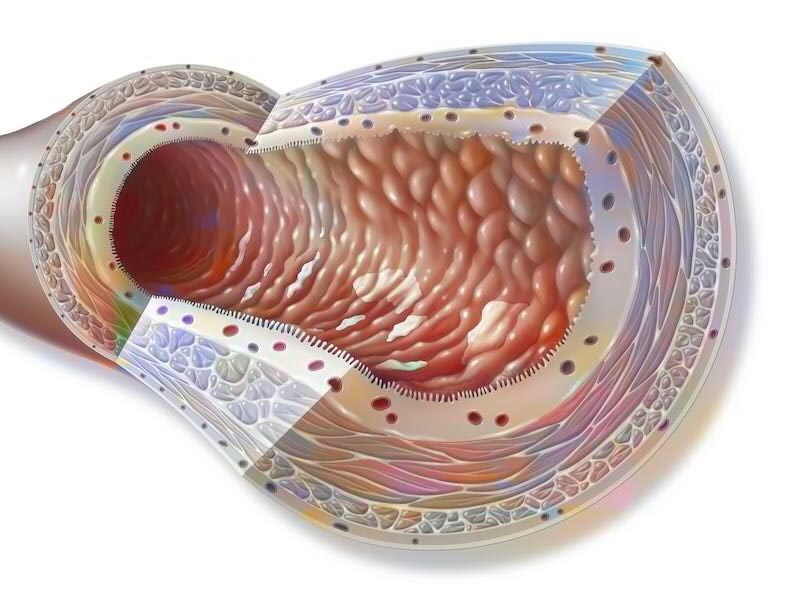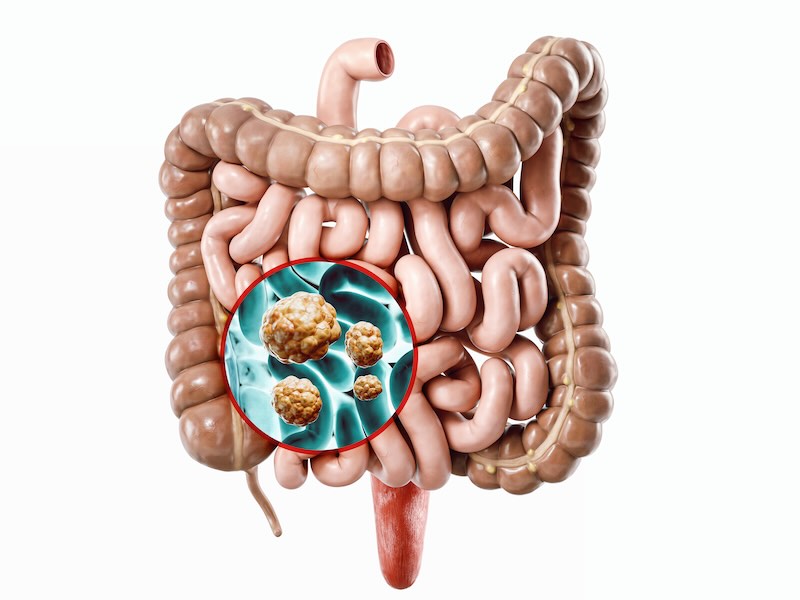
Small Intestine Concerns
Small Intestine Concerns
There are many issues that can take place as a result of the small intestines. As surgeons we often encounter people who have a small bowel obstruction. This is essentially a condition in which a portion of the small intestines has become twisted or kinked resulting in people having cramping abdominal pain with associated distension of the abdomen and nausea with vomiting. The twist or kink does not allow food, air and digestive juices through resulting in the above symptoms. This can be a result of hernias in which small bowel becomes trapped and twisted off or as a result of scar tissue from previous abdominal surgeries that can cause mechanical twisting. Less often it is a result of a mass or tumor within the small intestines.

Managing Small Intestine Concerns
Management of this condition usually requires admission into the hospital with fluids and electrolytes given through an IV for dehyrdration and decompression of the GI tract using a nasogastric tube (NG tube) which will suction out the food, digestive juice and air trapped within the upper portion of the GI tract. A vast majority of the time these maneuvers will treat the obstruction and the GI tract will open up on its own.
However, in some instances a surgery is necessary in order to identify the kink and remove involved bowel that may have died. Should the obstruction be secondary to a hernia or mass this will almost always require a surgery.
Additionally, if a person has never had surgery before and presents with an obstruction a surgery is often necessary to determine the cause.

Small Intestine Tumors
Finally, small intestinal tumors may require surgery as a result of symptoms they may cause and potential cancer within them. Often times, tumors of the small intestines go unnoticed until they cause symptoms of obstruction or bleeding in which case they are identified and removed with a surgery. Tumors of the small bowel include the following:
- Adenocarcinoma (primary cancer of the small intestines)
- Carcinoid (slow-growing neuroendocrine tumor that may cause symptoms of excess hormone release)
- Gastrointestinal Stromal Tumor (GIST) (tumors that arise from the nervous system of the intestines and can be found anywhere along the GI tract including the stomach)
- Lymphoma (usually treated with chemotherapy and/or radiation as opposed to surgery)
- Sarcoma (arise from the smooth muscle layer of the intestines)
- Leiomyoma, adenomas, lipomas (benign tumors of the intestines)
When encountered surgical intervention with resection of the portion of the small bowel is usually involved. After resection the two cut ends of the intestines are brought back together using staples or sutures.




